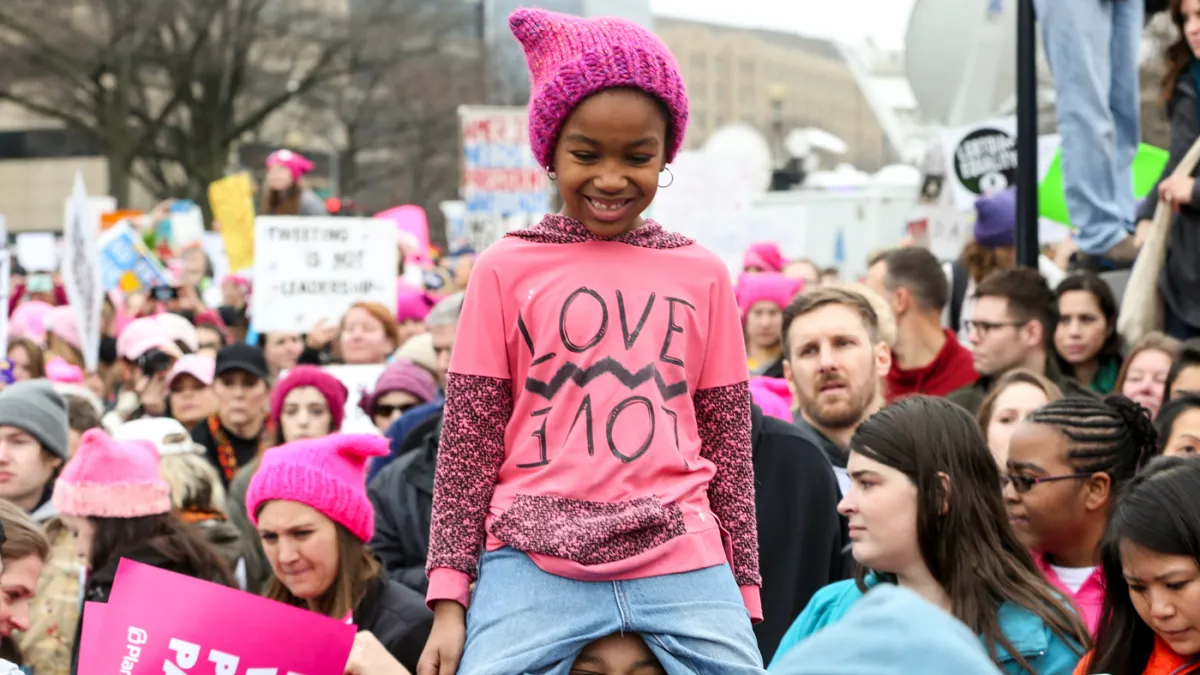
-
Sabaah Folayan, Director
-
Deborah Riley Draper, Director
-
Emily Best, Producer
-
Megan Goedewaagen, Producer

About the Project
When the Equal Rights Amendment was first put forward in 1924, women were still considered the legal property of their husbands.
Much has changed in the last hundred years, but despite tremendous gains, American women still experience second class citizenship in pay, healthcare, legal protection and, perhaps most importantly, in the public imagination. And gender-based legislation is putting young people and families at risk every day. The Equal Rights Amendment would put gender equality in the Constitution, creating a crucial legal precedent to protect from gender-based discrimination and enshrine bodily autonomy.
RATIFIED tracks the evolution of the feminist movement and its opposition, culminating in the hopeful passage of the ERA. A timeline of archival footage and interviews compliment verite scenes from the tense political battle to make Virginia the 38th state to ratify, showing how amid racial and economic divisions, women’s rights - and bodies - are used as playing cards for political gamesmanship. We look at the many times since the Constitution was written that arguments against women’s equality seem to forget Black women completely. But while the fight for the ERA had stalled out in the early eighties, it was Black women who renewed the efforts for its passage, supported by a new multi-racial coalition of activists building a more intersectional movement for gender equality.
We follow women of all stripes: from stay-at-home mom and grassroots organizer Kati Hornung, to Virginia state delegate and Virginia Military Institute grad Jennifer Carroll Foy, to actress/activist Patricia Arquette, to Virginia’s first Black congresswoman in history Jennifer McClellan, providing unseen perspective on the struggle and resilience of the women who continue the fight to enshrine gender equality into the constitution.